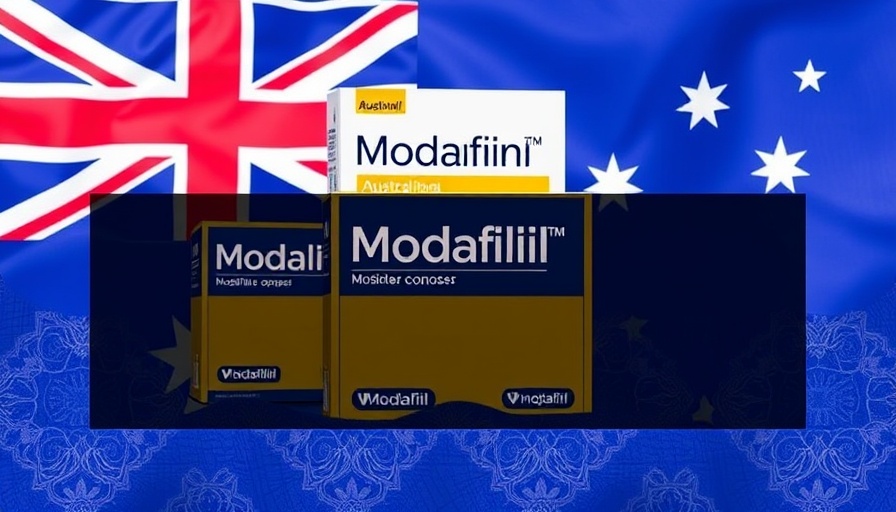
Understanding Modafinil: Is It Legal in Australia?
As a parent, it is important to stay informed about substances that might be misconstrued as harmless or even beneficial for performance enhancement. One such substance is Modafinil, a prescription medication often touted for its ability to increase alertness and cognitive function.
But is Modafinil legal in Australia? The answer is nuanced. While it is a recognized medication in various parts of the world for conditions like narcolepsy, its use and legal status can vary significantly across different regions, making awareness particularly crucial for parents and guardians.
What is Modafinil?
Modafinil is a wakefulness-promoting agent used primarily to treat sleep-related disorders. In addition to narcolepsy, it has been prescribed for sleep apnea and shift work sleep disorder. For parents, understanding the implications of Modafinil is essential, as it can be misused—particularly by students and young adults seeking to boost their academic performance.
Legal Status of Modafinil in Australia
In Australia, Modafinil is classified as a Schedule 4 medication. This means that it is only available by prescription from a licensed healthcare provider. The legal implications of its use are significant: obtaining Modafinil without a prescription is illegal. This restriction is essential to prevent misuse and potential dangers associated with taking a drug not monitored by healthcare professionals.
The Risks of Misusing Modafinil
As parents, it is vital to discuss the risks associated with the misuse of prescription drugs like Modafinil. Young adults may assume that because it’s used to treat medical conditions, it is safe in higher doses or for non-medical purposes. However, even prescribed, dosage management is crucial; misuse can lead to dependencies and other adverse health effects.
Common Misconceptions About Modafinil
A significant misconception is that Modafinil enhances intelligence or provides immeasurable academic advantages, which can pressure youth into seeking out the drug. In reality, studies suggest that while it might help with focus and fatigue, it won’t produce a 'smart drug' effect. Parents should educate their children on the distinction between healthcare benefits and performance enhancement to deter such misconceptions.
Social Implications: Why Parents Should Be Concerned
The social environment surrounding performance-enhancing drugs raises alarms. With the pressure of academic achievements and the stigma around seeking help, students may gravitate toward substances like Modafinil. Conversations about drug use, legality, and the legal consequences of misuse are crucial for families.
Supporting Healthy Choices
Empowering young people to make informed decisions about their health and wellness is vital. Parents should promote open dialogues about the risks of drug use and the distinction between prescribed medications and recreational use. Encouraging healthier lifestyle choices, like appropriate study habits and stress management techniques, can help reduce the desire to resort to substances like Modafinil.
Alternative Strategies for Cognitive Support
Instead of relying on potentially harmful substances, focusing on holistic alternatives can aid in improving cognitive function. Strategies include proper nutrition, regular exercise, and mindfulness practices. Such approaches not only enhance mental function but also promote overall well-being.
Call to Action: Educate and Communicate
As discussions about drugs continue to evolve, it’s imperative for parents to take the lead in educating their children about both legal substances like Modafinil and the risks of substance misuse. Engage in regular discussions, and advocate for healthy coping strategies to avoid dependence on drugs. Equip your kids with knowledge about substance abuse recovery resources, and remind them often that reaching out for help is a sign of strength, not weakness.
 Add Row
Add Row  Add
Add 




Write A Comment